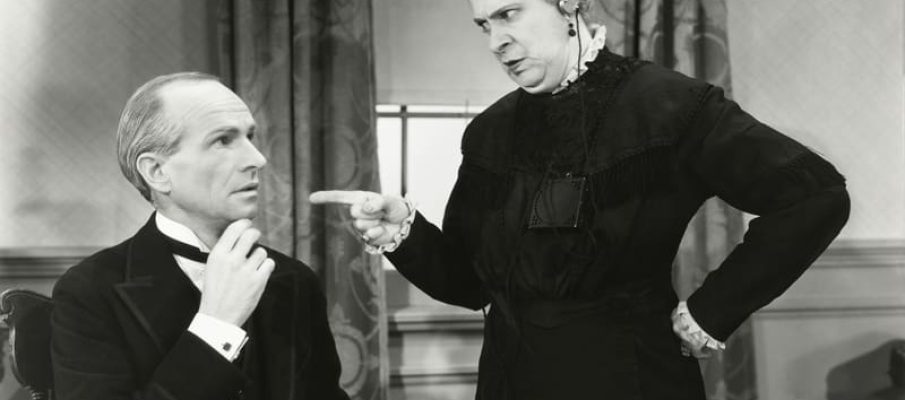Quite a long time ago, I realized that when something goes wrong at work, we can waste a lot of time trying to figure out who the “culprit” is. Perhaps the habit is developed in our educational systems! When I was a small boy, some teachers would refuse to let anything go until someone owned up. Otherwise, everyone would be punished! We were placed in a horrible position knowing that we’d be humiliated and punished if we stepped forward, and that the equally awful alternative was to see all of our friends punished if we didn’t. I resolved never to behave like those teachers when I grew up and went to work.
In the workplace, I try to probe deeply enough to gather information so that we can avoid the mistake in the future, but it’s never really beneficial to single out the person who made the mistake. It’s counterproductive because if you inflict pain on the “culprit,” you’re encouraging people to cover up mistakes, and you never discover the cause of the problem. As a result, we repeat mistakes and we never improve. I have a wonderful colleague who has absolutely no problem telling me when she thinks she’s messed up (she usually hasn’t), and we roll up our sleeves and figure out how to fix things. Mistakes are part of the cost of doing business, and we can embrace them as opportunities to learn.
When I was driving in to work today, I listened to an interview that reaffirmed these beliefs. Ed Catmull, the president of Pixar Animation Studios and Walt Disney Animation Studios was talking about the book he co-authored, Creativity, Inc.: Overcoming the Unseen Forces That Stand in the Way of True Inspiration. He told a great story about a mistake that happened while they were making the film, Toy Story. Someone deleted all the files, and, for a while, they thought they’d lost everything. Toy Story was Pixar’s first film, and the loss of the files was devastating. Losing these files wouldn’t just be the end of the project; it might be the end of the whole company.
In his interview, Catmull discussed the futility of finding the culprit and added some very valuable insight. There is very rarely a single person that can be blamed for a mistake. Certainly, someone actually deleted the files. They never found out or bothered to find out who that was. The team reflected that there were other things wrong. Wasn’t it a mistake to have a system that would allow one person to destroy a whole project? Wasn’t it a mistake not to have made sure that the back-up systems were working properly? By focusing on the system rather than the culprit, the team was able to strategically figure out how to make their business better.
As it happened, one member of the team had taken all the files home because she’d been planning to work remotely. So, she had a back-up that nobody knew about. She stepped forward and they found that almost nothing had been lost. Toy Story became the top grossing film on its opening weekend and went on to earn $361 million worldwide. Today, many critics think of it as one of the best animated films ever made! In 2006, Disney bought Pixar for $7.4 billion.
Catmull, E., & Wallace, A. (2014). Creativity, Inc.: Overcoming the unseen forces that stand in the way of true inspiration. London: Transworld Publishers Limited.







